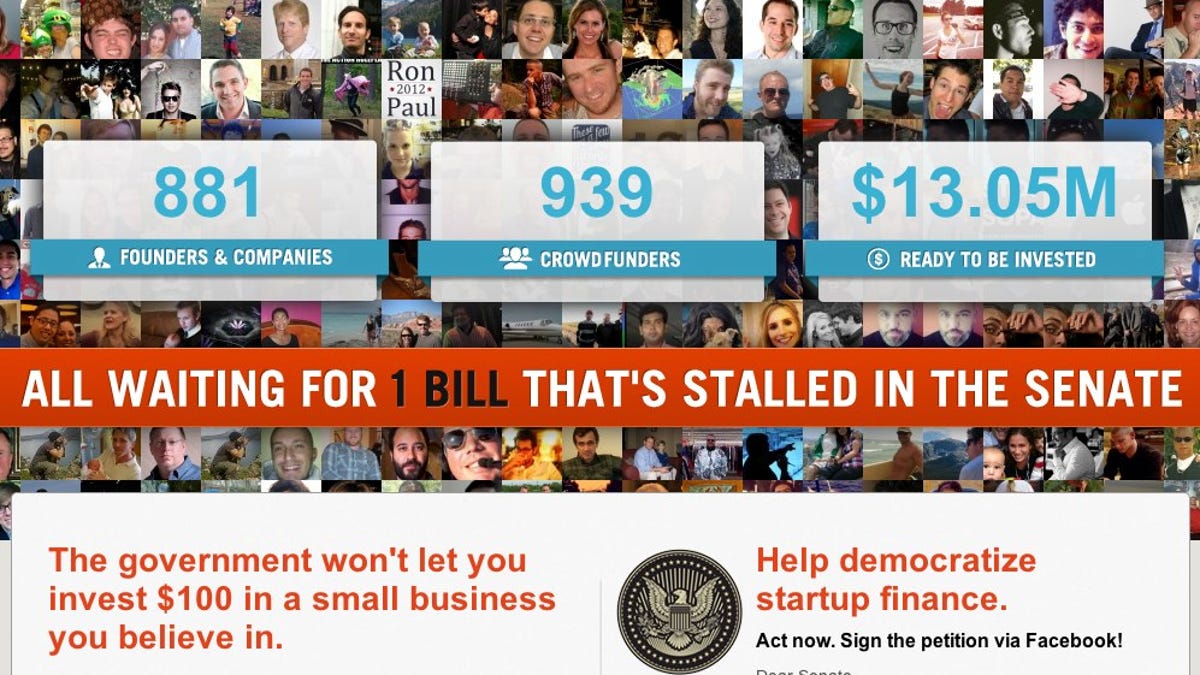Prepare for the onslaught of crowdfunding marketplaces
Dozens of startups like Crowdfunder are sure to pop up once crowdfunding is made legal.

Crowdfunding will probably become a legal and government-approved way to raise startup capital--eventually. Congress needs to figure out how to pass a version of the JOBS Act for that to happen, but while there is bickering over key components of the Act, on the whole both parties agree that opening up startup investing to more people is the right thing
Once this occurs, and small businesses can raise money from anyone, how will they find these new investors? And how will investors find the businesses they want to invest in?
One of the first new information markets to come on the scene will be Crowdfunder. It will be a directory of startup businesses looking to raise money. CEO Chance Barnett says nearly 1,000 early users have pledged to invest over $13M in early startups on the service, once crowdfunding itself becomes legal.
The competing site Wefunder has just shy of 3,000 early users, who collectively have pledged $7.2M in investment.
Just as Kickstarter acts as a market for early work products of art and technology projects, these services will be information markets for early investment.
Barnett says that the amount of money per transaction will be much higher than it is on Kickstarter. Pointing to data from U.K. crowdfunding projects, he says the average company raises $400,000 and that the average investment in a company is $2,900 per user.
The crowdfunding laws being argued about now don't let crowdfunding middleman sites like Crowdfunder take a piece of the financial transactions or even offer advice, however. That limits the business potential. Crowdfunder instead will make money by taking a fee for referring startup company founders to service providers, like lawyers and accountants, who are also on the system.
Barnett predicts that markets like his (on the West Coast) and Wefunder (on the East) will succeed in part by helping investors find businesses to invest in that are close by. Just as venture capitalists traditionally don't like investing in startups outside of a short driving radius, he thinks crowdfunding investors will be more inclined to invest in community startups.

